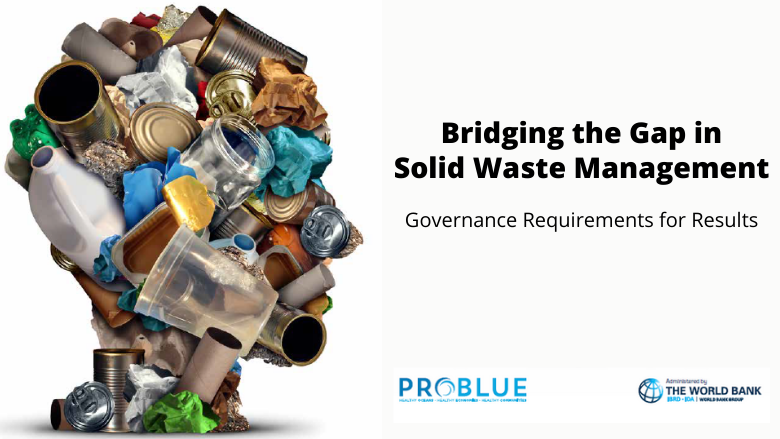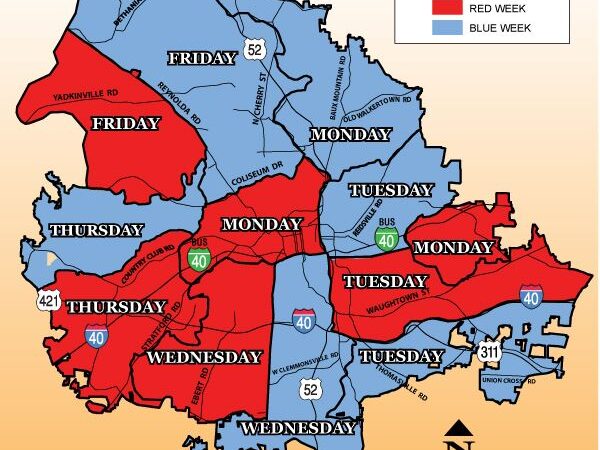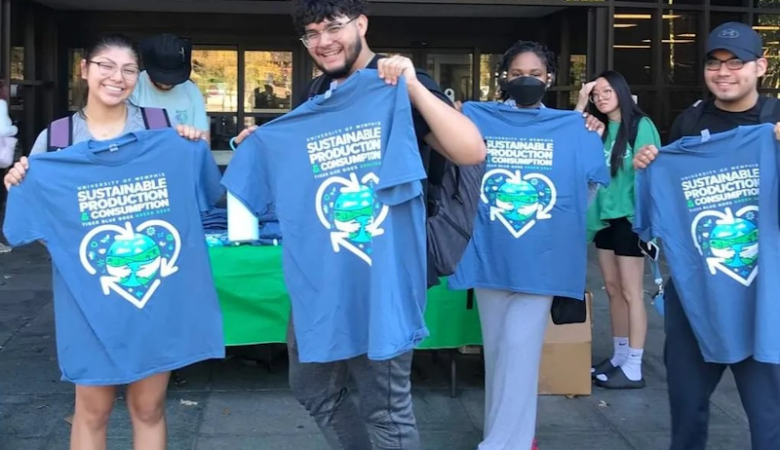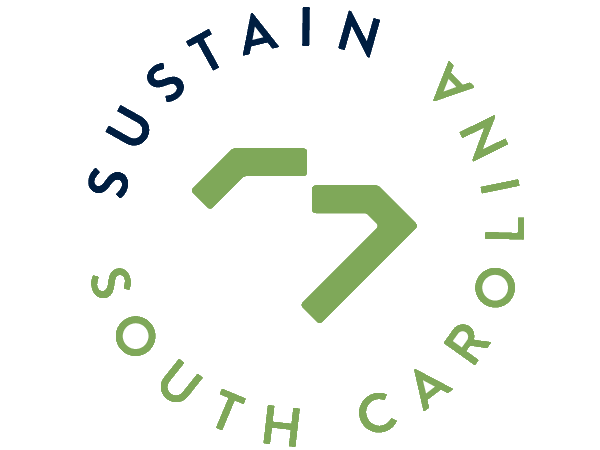In realization of the significance that sustainability holds, several programs have been initiated at Florida by its Government promoting environmental stewardship & sustainable development. These efforts include policy-making, conservation programs, infrastructure investments, enhanced waste management systems and public engagement campaigns. We take a look of several ways the Florida government has taken action for sustainability.
Renewable Energy Initiatives
As part of a statewide sustainability strategy, Florida has devoted more attention in recent months to renewable energy. Its natural sunshine has led the state to adopt policies and incentives that promote solar energy. Among these are tax credits, grants and rebates for homeowners and businesses which utilize solar power. Moreover, Florida’s utilities are developing big solar farms to up the renewable-energy content of their power. The state’s Public Service Commission, too, is churning out policies around how to better integrate renewables onto the grid.
Management of Water Conservation
Florida, a water rich state has developed policies and management efforts for sustainable water resources nearly three decades ago, with the Florida Department of Environmental Protection (DEP): the DEP is responsible for a number water quality and efficient use programs. All these efforts have seen the state pump money into infrastructure aimed at protecting water bodies from pollution runoff. Water use restrictions and public outreach to encourage residents and businesses to conserve water are also part of the solution.
Protecting Natural Ecosystems
In Florida, that includes everything from the Everglades to coral reefs and extensive wetlands all of which act as a major hub for biodiversity and environmental health. There are many conservation programs in place by the state government that work to conserve these types of natural habitats. For example, the Florida Forever program is designed to purchase land for conservation and protect critical lands and waters. The state has also been busy for years trying to benefit the Everglades with huge spending on projects that would improve water flow and give natural habitats back.
Sustainable Urban Development
Florida has also been advocating policies to encourage sustainable urban development as a response to rapidly growing city populations. The Growth Management Act of the State requires that local jurisdictions adopt comprehensive plans with sustainable development provisions to protect natural resources, promote energy efficiency, and support smart growth.
The Florida Green Building Coalition certifies green buildings and encourages developers to create sustainable building practices that reduce environmental footprint, including the use of dumpster rentals.
Adaptation and Climate Resilience
The state of Florida is especially at risk as a result to climate change, with the threats including rising seas and more frequent hurricanes. The Florida Resilient Coastlines Program is a state program that helps coastal communities reduce their risks to future climate change impacts, and funding assistance for the Florida competitive grants. The state has also been flooding vulnerable areas again and investing in infrastructure improvements, including seawalls and flood control.
Public Engagement and Education
Sustainability initiatives can only be successful if the public is engaged and educated. The Florida government has launched a number of campaigns aiming at increasing awareness on environmental issues among its residents and promoting the lifestyle that supports sustainability.
Sustainability programs like the Florida Clean Marina Program and the Florida Green Lodging recognize businesses that go beyond what is required to protect environmental resources. Moreover, youth is directed in schools through particular educational efforts which are committed to impart environmental awareness.
In Florida, the state government is working hard to embrace sustainability in a myriad of ways — from promoting renewable energy and water conservation programs to protecting its unique ecosystem as well as adopting sustainable urban development practices and building resilience towards climate change through public engagement.
These efforts are essential for safeguarding Florida’s natural resources, enhancing the quality of life for its residents, and ensuring a sustainable future for the state. Through continued investment in sustainability initiatives and collaboration with communities, businesses, and other stakeholders, Florida aims to address its environmental challenges and build a resilient and sustainable state.






